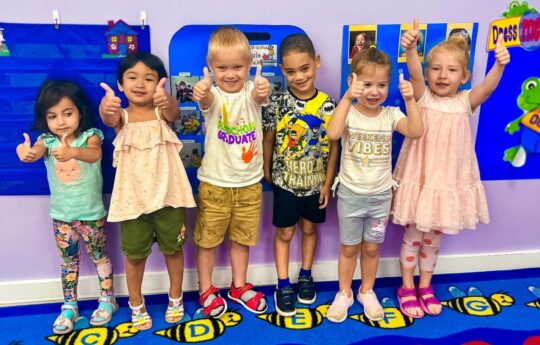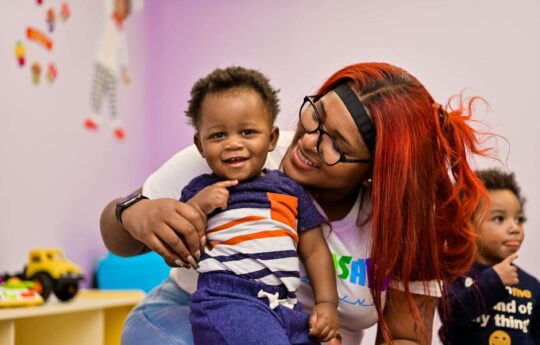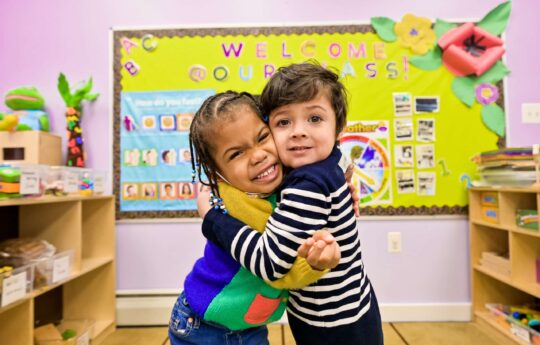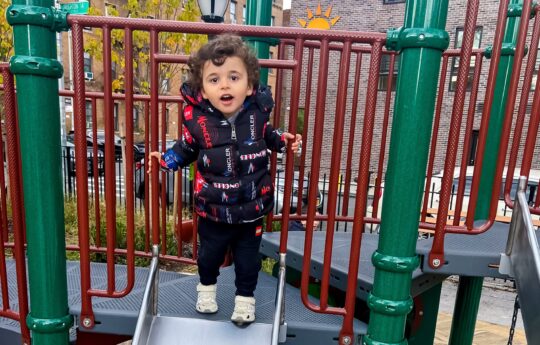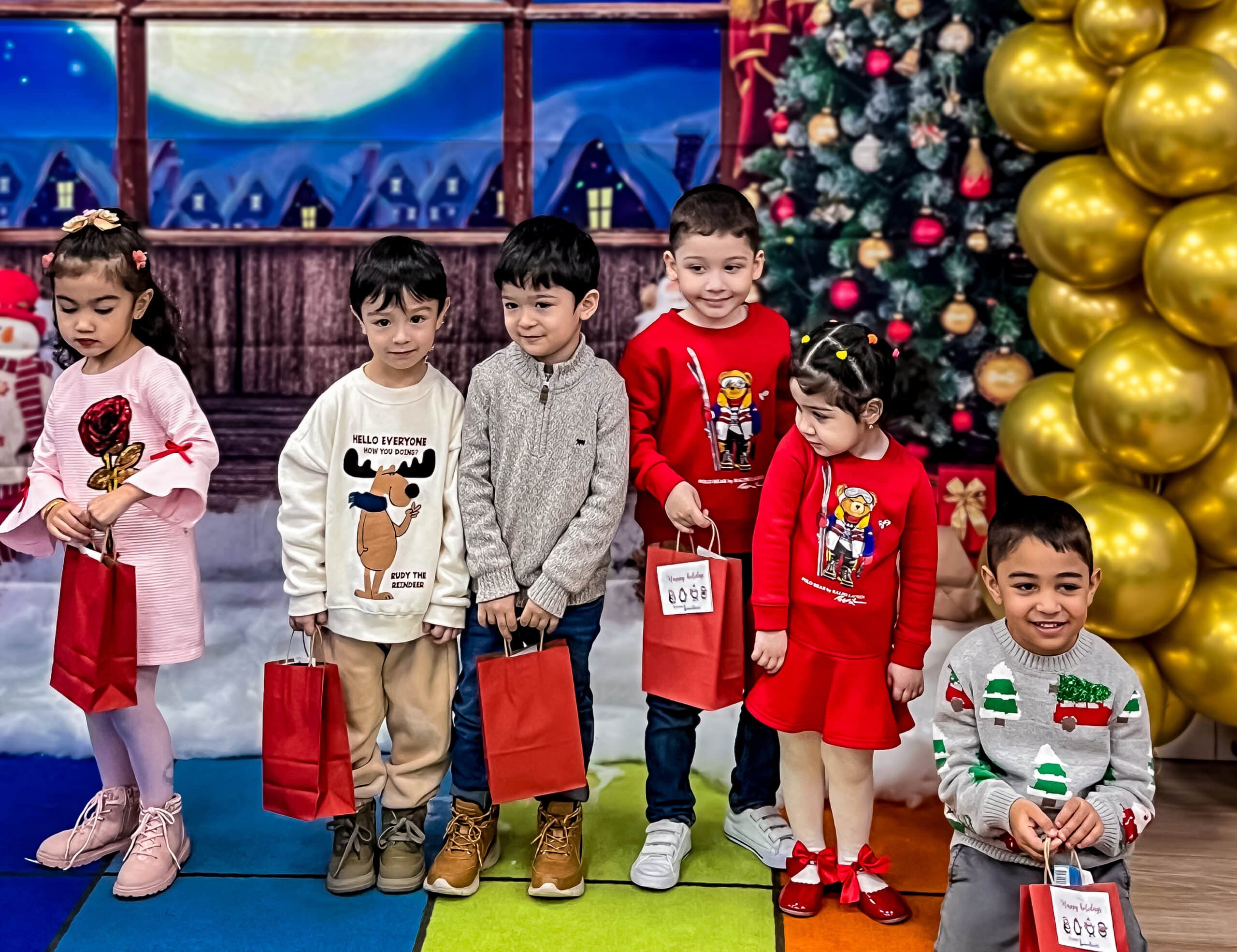
Holidays play a significant role in our lives and are common events in children’s lives. Kids love the holidays without a doubt since they adore receiving presents so much! You, as a parent, must explain to your child the importance of being able to give and receive gifts as well as demonstrate the delight that giving gifts may offer.
What should you explain to your child regarding gifts?
- A present should express how you perceive that person, how much you care for and love them.
- A child may be taught to say something polite in response to a gift, even one they don’t particularly enjoy, as early as age 3. Practice at home by giving your child undesirable presents and showing them how to reply graciously.
- Inform the kid that even if they receive a present they don’t particularly enjoy, it is less significant than the love and care the giver intended to convey. We are all aware that receiving attention is more important than giving a gift.
- Remind them that you must never hurt the sentiments of the giver. If kids don’t comprehend the purpose of a present, they could make fun of the givers or say hurtful things to them.
Developing a special relationship with receiving gifts
You are well aware that the family is not one for trifles. Every statement, action, or inaction will undoubtedly elicit a response from the child’s character. This also holds true for presents. A few guidelines can help kids learn how to receive presents with grace.
Rule 1: Let’s begin by analyzing ourselves. Learn to appreciate other people’s company, refrain from speaking critically about gifts in front of youngsters, find out the price, and give gifts again. Be genuine.
Rule 2: You must not reimburse the youngster. Give them your time and attention. Spend the time you have together talking and laughing; your child should wait for you, not for presents. Give your youngster more hugs, kisses, and time to hear your thoughts.
Rule 3: Disallow interactions between “commodity-money.” Deals between parents and kids are not appropriate. Because he does not want to irritate his parents, the youngster attempts to act appropriately and perform well in school. Make a surprise if you want to inspire someone to do something.
Rule 4: Instill in your kids a love of immaterial presents. Offer the kids a fun game or a fresh fairy tale when they ask what you got me. And instead of going to the store, take a stroll around a park or woodland. Teach kids to appreciate engaging in fresh, engaging, and exciting conversation.
Rule 5: Instruct kids in the giving and receiving of presents. Keep children’s artwork and express your thanks while accepting their presents with joy. Teach your kids to express gratitude to others. Discuss your emotions and experiences.
How to teach a child to give gifts?
Do not even hope that toddlers and preschoolers would understand the custom of giving gifts to others or be excited to do that by themselves. Children at this age are still learning how to experience empathy, therefore they do not yet appreciate the thrill of giving since they are unable to comprehend the sentiments of others.
It takes instruction to learn how to give presents; it does not come naturally. Therefore, you must take care of this from the baby’s early childhood if you want them to have the capacity and, more crucially, the desire to provide presents. The ideal age to begin educating your child to present gifts is three years old.
Parents may impart the happiness of giving and receiving presents on their children. Therefore, if your youngster frequently witnesses how cheerfully you give gifts to others, they will eventually start to imitate this behavior. And do not chastise the youngster if he seeks to assist in opening the gift that he gave; this will allow him to learn about the joy of giving.
It’s more probable that as baby grows older, they will want to offer and manufacture surprises and will truly enjoy it if you and your baby plan gifts for family, friends, or acquaintances occasionally.
The act of present wrapping makes the youngster especially happy. You may either manufacture your own customized paper or purchase it for this purpose. You may either pick a box that is the proper size and paint it or glue it with gift paper. Making your own greeting cards is an option.
A youngster can learn to experience new emotions by being taught how to give and receive presents. After all, giving things can occasionally be far more enjoyable than receiving them. Don’t deny your child this happiness!

